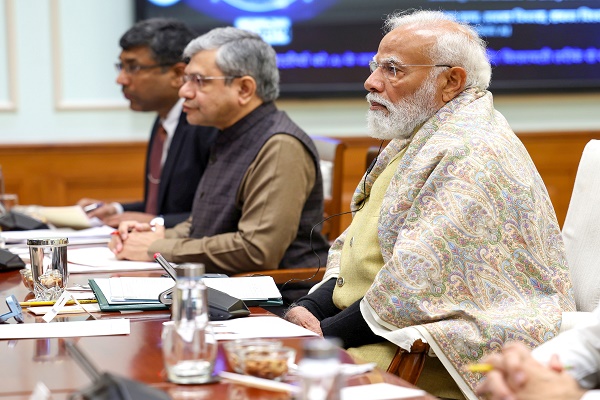Five prudent tips to manage personal finances

The most coveted kind of independence is financial freedom. However, even those with the highest incomes might become deeply in debt due to a lack of personal money management skills. Financial management is a fantastic strategy to reach your financial objectives and can help you have a better understanding of where and how you are spending your money. Here are six suggestions to assist you in managing your finances for improved financial results.
The importance of Budgeting
Budgeting is the process of creating a plan to spend your money. It basically entails listing down all your expenses and allocating funds to them, balancing your expenses with your income. This plan allows you to determine in advance whether you have enough money to meet your expenses and potential shortfalls. This simple exercise can help with prioritising your expenses. Following a budget or spending plan will also keep you out of debt or help you work your way out of debt if you are currently in debt.
Save before you spend
Youngsters who have joined the workforce and are earning a handsome pay tend to be under the impression that they are financially secure for life. As a result, most of them avoid or even ignore investing for long-term or even short-term financial gains. While savings will help you meet your daily expenses, they are better utilised when they are invested in long term investment opportunities. An important aspect of financial management is to set an investment objective based on your priorities in life. Do you need money to fund higher studies? Is marriage on the cards? Are you a young parent? Based on your requirements, you can choose from various types of investments such as mutual funds, fixed deposits, real estate, government bonds or corporate bonds, stocks etc. These can provide investors with good returns at the end of an investment tenure, while also working as a corpus to pay for emergency needs.
The power of compounding
Einstein once said "Compound interest is the 8th wonder of the world. He who understands it, earns it and who doesn't pays it." The power of compounding adds the profit earned back to the principal amount and then reinvests the entire sum to accelerate the profit earning process. Compounding is basically a long term investment strategy and it benefits the most when one starts early. The longer your money is invested, the more time it has to grow. When it comes to compounding returns, time is an advantage. The trick is to contribute regularly and consistently, regardless of the amount. Even small contributions made each month will grow.
Choose safe lending options
Sudden unplanned expenses or emergencies can sometimes mean we may not be able to meet our financial needs at all times. While being cash strapped between pay cycles can be alluring to take payday loans but these loans can cost you severely. Paydays lenders often charge high interest rates and fees and have significantly higher penalty/late fee charges. Other options such as credit cards and Buy Now Pay Later programmes can provide convenience but also charge interest and late fees that can be expensive. Instead opt for solutions like Salary On-Demand that lets you access your earned but unpaid salary instantly without any loans or high fees.
Ask the experts
As a young adult don't make the mistake of thinking that you're too young to manage your finances, or too rich to keep a track of them. Talk to financial advisors and make the right decision based on your needs. It's never too late to start learning and hone your financial literacy to better understand banking, budgeting, handling debt and credit, and investing.
Whatever stage of life you're in right now, having a prudent plan for personal finance management is a must and it matters, because it will help you live a good life now and in the future!




















